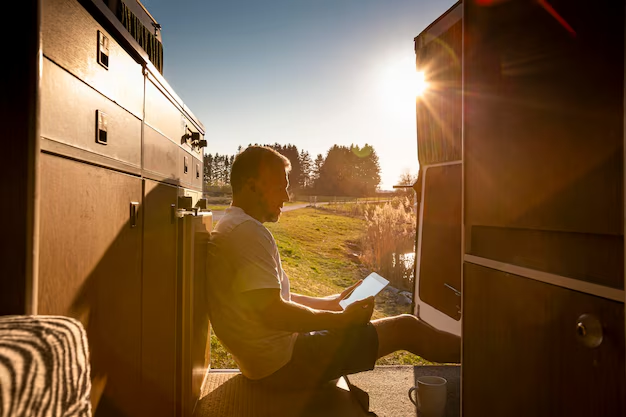Thinking About Using a Generator in Your Apartment? Here's What You Need to Know
Living in an apartment offers a range of benefits, from convenience to community, but it also comes with unique challenges, especially when considering emergency power solutions like generators. While a generator can be a lifesaver during power outages in a standalone home, using one in an apartment requires careful consideration of both practicality and safety.
Can You Use a Generator in an Apartment?
In short, using a generator inside your apartment is not recommended. Here's why:
Safety Risks: Portable generators emit carbon monoxide, an odorless and potentially lethal gas. Using a generator indoors, including garages or enclosed balconies, increases the risk of carbon monoxide poisoning.
Building Regulations: Many apartment complexes have strict rules about emissions, noise, and fire hazards that a generator may violate. It's crucial to check with your building management before making any decisions.
Space Constraints: Apartments typically do not have the space needed to safely operate a generator that requires proper ventilation.
However, all hope is not lost. If you are concerned about power outages, there are alternatives:
Battery Backup Systems: These are safer for indoor use and can provide temporary power for essential devices.
Solar Chargers: These are environmentally friendly and can power small electronics.
Exploring Financial Assistance for More Permanent Solutions
If you're struggling with frequent power outages or other energy-related issues, you might be surprised to learn about financial assistance options available to renters. Addressing these issues not only improves your living conditions but can also align with larger financial goals.
Government Aid Programs: Various programs assist with energy efficiency improvements or general utility costs. Programs like the Low Income Home Energy Assistance Program (LIHEAP) offer support to eligible families in managing energy costs.
Financial Assistance and Debt Relief Options: If utility bills are piling up, consider exploring debt relief solutions or budgeting support from community organizations. Financial advisors can guide you through restructuring debts to ease the financial burden.
Educational Grants and Workshops
Enhancing your financial literacy can pave the way towards making smarter financial decisions, improving your ability to weather unexpected events like power outages.
Workshops: Many community centers and nonprofits offer workshops focused on budgeting, energy efficiency, and emergency preparedness.
Grants: Look into grants for energy efficiency improvements. Some grants can be applied towards efficient appliances that reduce energy consumption.
Is a Generator Right for Your Apartment?
Before making a decision, weigh the cost, practicality, and safety of a generator against alternative solutions. While generators might not suit apartment life, there are numerous resources to help manage energy needs safely and efficiently.
🌟 Programs and Resources to Explore 🌟
- 📉 LIHEAP: Financial aid for energy costs.
- 🔧 Weatherization Assistance Program: Helps with energy efficiency improvements.
- 📚 Financial Literacy Workshops: Budgeting and debt management.
- 💡 Energy Efficiency Grants: For sustainable home improvements.
- 🏦 Credit Counseling: Professional advice on managing debt and improving credit scores.

